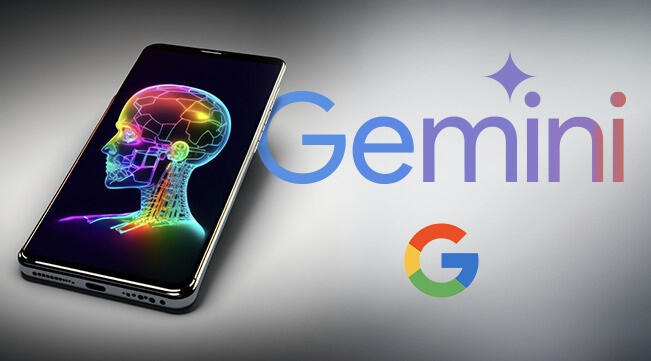
The second round of the antitrust lawsuit against Google has commenced, raising concerns that the tech giant is leveraging artificial intelligence (AI) to further solidify its dominance in the search market. The U.S. Department of Justice (DOJ) has revealed that Google is allegedly paying Samsung Electronics a substantial monthly fee to pre-install its AI model, Gemini, on Samsung's Galaxy smartphones and other devices, characterizing this as a classic monopolistic strategy.
During the initial hearing on April 21st at the U.S. District Court in Washington, D.C., aimed at exploring remedies for Google's unlawful monopolization of the search market, DOJ lawyers stated that "Google pays Samsung an enormous sum every month" to make Gemini the default assistant. They argued that this practice mirrors the anti-competitive tactics employed by monopolistic entities.
The DOJ further asserted that the agreements Google entered into for Gemini's integration are "remarkably similar to Google's existing agreements that the court has already found to be illegal." This echoes the ruling in the first antitrust trial in August of the previous year, where the court concluded that Google's annual multi-billion dollar payments to Samsung and Apple to maintain its default search engine status on their devices constituted an abuse of market power. The trial revealed that in 2022 alone, Google paid Apple $20 billion and Samsung $6 billion.
Google acknowledged the DOJ's claims. Peter Fitzgerald, Google's Vice President of Platform & Devices Partnerships, testified that "Google agreed to pay costs related to preloading Gemini on Samsung devices starting in January," adding that "the agreement has a minimum term of two years and can be extended until 2028." He further explained that "the agreement provides a fixed monthly payment and also shares a portion of the revenue Google earns from ads within the Gemini application with Samsung."
Samsung's Galaxy S24 series currently utilizes Google's Gemini as its default AI engine. However, the specific amount Google pays to Samsung remains undisclosed.
Google refuted the DOJ's assertion that it is attempting to expand its search market dominance through AI. A Google spokesperson stated, "Gemini is not the subject of this antitrust lawsuit, and Google does not have a monopoly on AI products."
Nevertheless, Google's payment practices have been a point of contention in previous legal battles. In addition to the prior antitrust loss, this practice was cited as evidence of antitrust violations in the 2023 lawsuit filed by Epic Games, which challenged Google's mandatory "in-app payment" system. That case revealed that Google secretly shared revenue with companies like Samsung to impede competition from rival app stores, with Samsung reportedly receiving $8 billion from Google over four years.
Google is currently facing multiple antitrust lawsuits and the potential for a forced business breakup. During the recent hearing, the DOJ advocated for the divestiture of Google's Chrome browser as a remedy for its alleged illegal monopolization of the search engine market. This follows a ruling on April 17th that found Google liable for unlawfully monopolizing parts of the online advertising technology market.
Samsung Electronics has declined to comment on the reports of receiving payments from Google for pre-installing Gemini, stating that it has "no separate position" on the matter.
The ongoing antitrust scrutiny of Google highlights the critical legal challenges surrounding the intersection of AI, market dominance, and fair competition in the digital age. The outcome of this trial could significantly shape the future landscape of the search market and the broader tech industry.
[Copyright (c) Global Economic Times. All Rights Reserved.]






























